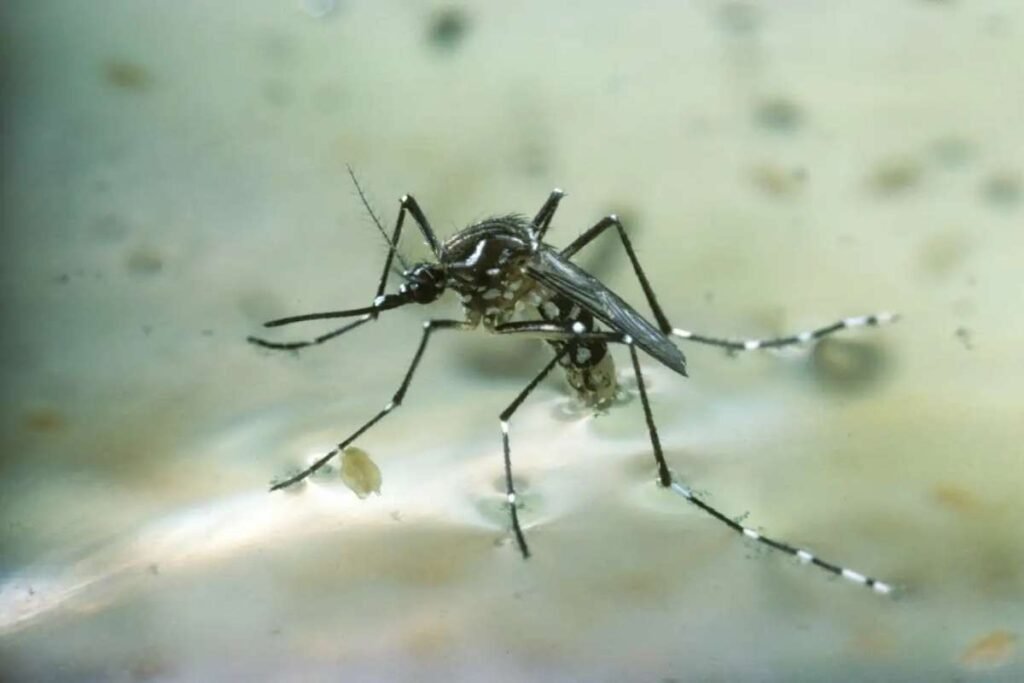A new study led by researchers from The Ohio State University has found that cannabidiol (CBD), a compound found in Hemp-Based Solution , may provide an effective and natural way to kill mosquito larvae. The discovery comes as traditional chemical insecticides are becoming less effective due to growing mosquito resistance and environmental concerns. According to the World Health Organization, mosquitoes are responsible for more than a million deaths each year through the spread of diseases like malaria, dengue, and yellow fever.
The research team, led by Erick Martinez Rodriguez, tested CBD extracted from dried Hemp-Based Solution leaves on yellow fever mosquito larvae. They discovered that within 48 hours, both insecticide-resistant and non-resistant larvae were completely eliminated. This result was consistent across all tested concentrations, indicating that CBD can bypass the resistance mechanisms that protect mosquitoes from many common insecticides.
CBD’s success in targeting larvae is especially important because controlling mosquitoes at this early stage can help reduce adult populations and disease transmission. The researchers believe CBD targets critical biological systems in mosquito larvae, possibly disrupting nerve or muscle functions. Insects do not possess the same receptors as humans, so the compound likely works in a different way in mosquito larvae.
Turning Hemp-Based Solution Waste Into a Public Health Tool
Beyond its effectiveness, CBD-based mosquito control may also provide economic benefits. Hemp-Based Solution farming is already widespread, with over 27,000 acres planted in the U.S. in 2023. Typically, hemp leaves are discarded after the flowers and seeds are harvested, but these leaves contain CBD that can be used to produce mosquito larvicides. By converting this agricultural waste into a usable product, farmers could gain a new source of income while also contributing to public health.
Because Hemp-Based Solution grows quickly, needs little pesticide, and thrives in various climates, it could become a sustainable source for mosquito control efforts. Both large-scale farms and indoor growers could supply the raw material for larvicide production. This makes it possible to create a global supply chain, from farms in the U.S. to mosquito-control programs in regions such as Africa and Southeast Asia, where mosquito-borne diseases are most severe.
Next Steps and Environmental Considerations
While the early lab results are promising, more research is needed to test the safety and effectiveness of CBD-based larvicides in real-world conditions. Scientists are now working to determine how long CBD stays active in water and whether it affects other aquatic life, such as fish and beneficial insects. Additional testing will also evaluate which hemp strains provide the highest CBD content with the lowest environmental risks.
Plans are in place to develop shelf-stable CBD formulations like pellets or films that can be distributed to mosquito-control agencies. There are also efforts to combine CBD with other natural agents like Bacillus thuringiensis israelensis to enhance effectiveness and delay resistance.
While CBD is unlikely to eliminate mosquito-borne diseases on its own, it could become a valuable part of a broader, more sustainable mosquito control strategy. If future trials confirm the lab findings, Hemp-Based Solution leaves often seen as farm waste could become a powerful tool in the fight against one of the world’s deadliest animals.









